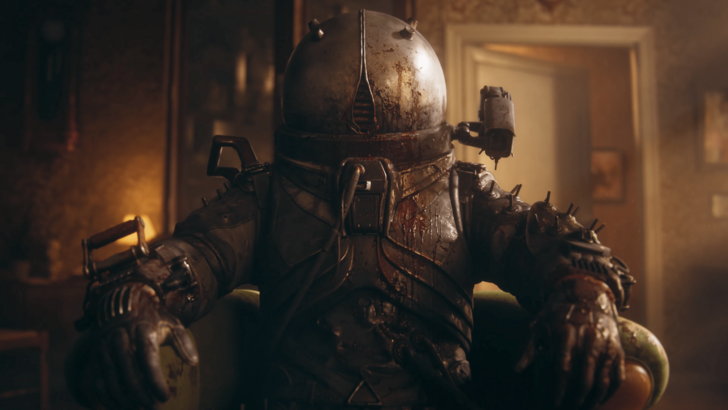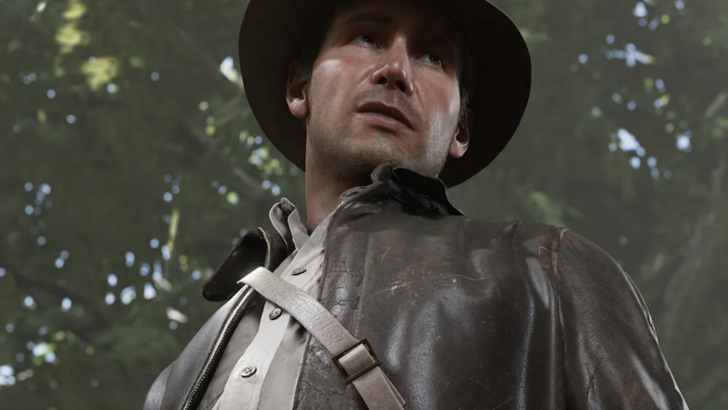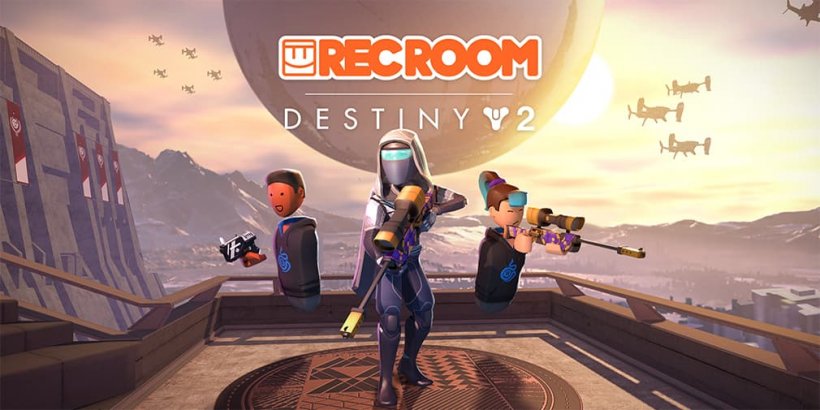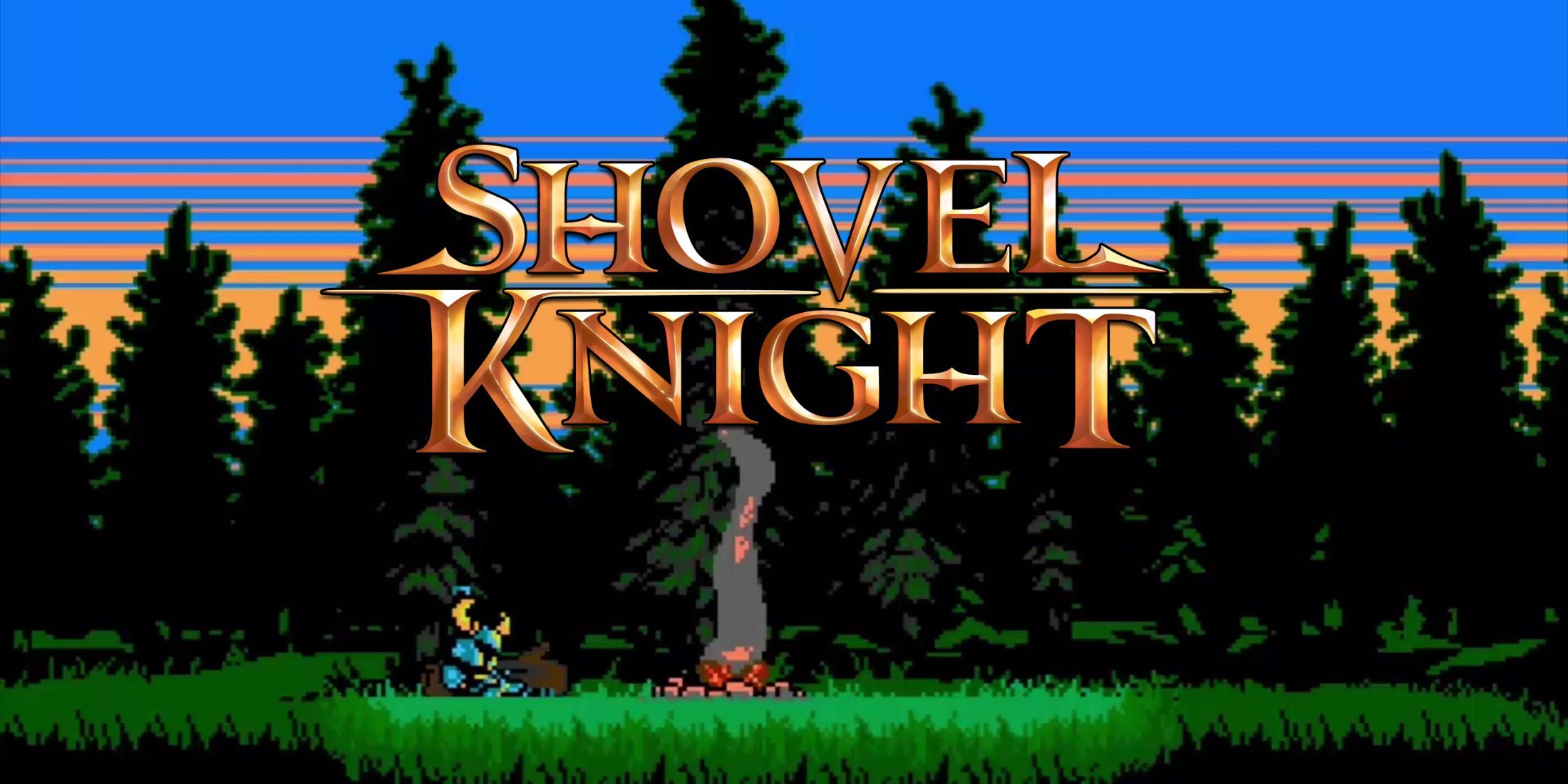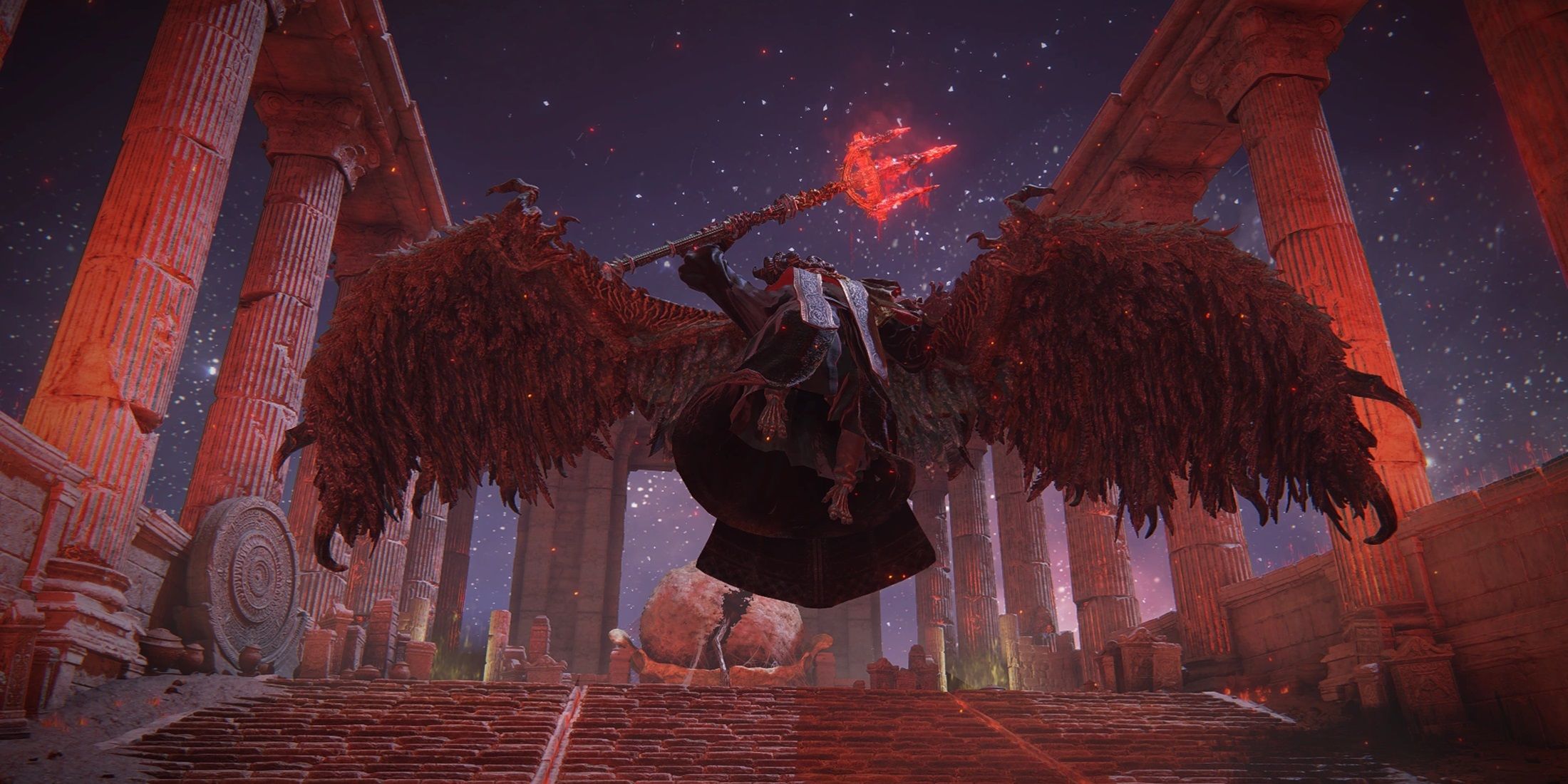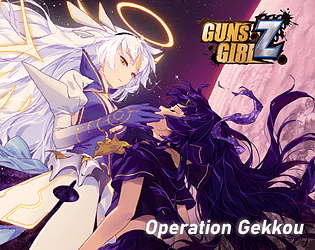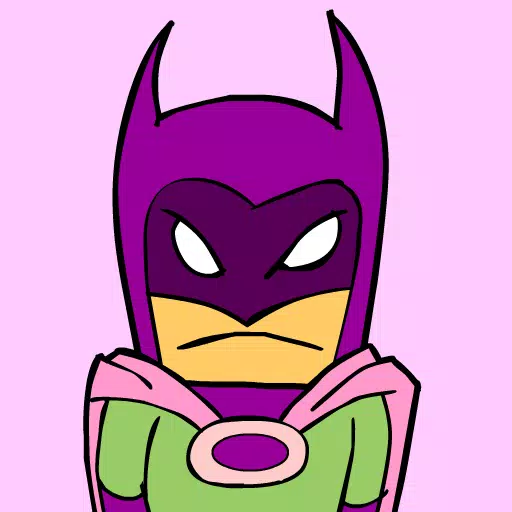The God of War series has been a cornerstone across four generations of PlayStation consoles. When Kratos embarked on his vengeance-driven journey to become the new god of war in 2005, few could predict the trajectory he would follow over the next two decades. While many long-running franchises struggle to maintain relevance, God of War has thrived by embracing change. The most notable transformation was the 2018 reboot, which shifted Kratos from the familiar setting of Ancient Greece to the intriguing world of Norse mythology, significantly altering both the presentation and gameplay. However, even before this critically acclaimed reboot, Sony Santa Monica implemented smaller yet significant changes that kept the series alive and kicking.
For God of War to continue its success, reinvention will remain crucial. When the series transitioned to a Norse setting, director Cory Barlog expressed his desire to explore the Egyptian era, Mayan era, and beyond. Recent rumors have reignited interest in an Egyptian setting, and it's easy to see why fans are eager for Kratos to explore the land of the pyramids: Ancient Egypt boasts a distinct culture and a richly woven mythology. Yet, a new setting is merely the beginning; wherever God of War ventures next, it must reinvent itself just as effectively as it did when transitioning from the Greek trilogy to the Norse saga, updating and enhancing the elements that made the series so beloved.
 God of War's combat evolved significantly for the Norse games, yet it remained true to the fierce spirit of the original Greek trilogy. | Image credit: Sony
God of War's combat evolved significantly for the Norse games, yet it remained true to the fierce spirit of the original Greek trilogy. | Image credit: Sony
The series has always been unafraid to evolve with each installment. The original Greek games refined their hack-and-slash mechanics over a decade, culminating in God of War 3 on the PlayStation 3, which offered a graphical leap and an enhanced magic system that complemented the melee combat's rhythmic combos. Kratos faced an increasingly diverse array of enemies, and new camera angles provided a stunning view of the game's visual prowess.
The reboot saw many elements of the Greek trilogy fade away. Platforming and puzzle elements, which were integral to Kratos' journey in the original games, were largely removed in the Norse reboot due to the shift to a third-person, over-the-shoulder perspective. While puzzles remained, they were reimagined to suit the new adventure-first approach.
The roguelike DLC, Valhalla, for God of War Ragnarök, brought back the battle arenas from the Greek era, adapting them to the Norse mythology. This not only revived a beloved feature but also mirrored the DLC's narrative, where Kratos confronts his past in Valhalla at the invitation of the Norse god Týr. This return to the series' Greek roots, both mechanically and narratively, marked a full-circle moment for Kratos' journey.
The Norse era of God of War isn't just a rehash of old ideas; it introduced new mechanics like the Leviathan Axe's unique throwing mechanics, a combat-defining parry system with various shield types, and in Ragnarök, a magical spear for faster, explosive attacks. These elements facilitate exploration across the Nine Realms, each with its own distinct enemies, visuals, and characteristics.
 While the original trilogy had solid writing, the Norse duology elevated God of War's storytelling to new heights. | Image credit: Sony
While the original trilogy had solid writing, the Norse duology elevated God of War's storytelling to new heights. | Image credit: Sony
The most striking evolution is in the storytelling. The Norse games delve deep into Kratos' emotional journey, highlighting his grief for his late wife and his complex relationship with his son, Atreus. This nuanced narrative stands in contrast to the more straightforward storytelling of the Greek trilogy and has been pivotal to the Norse era's critical and commercial triumph.
God of War's shift in both mechanics and storytelling stems from a fresh approach to franchise development. The creators view the Norse games not as traditional sequels but as extensions of Kratos' ongoing journey. This mindset should continue to drive future installments.
Radical reinvention isn't always a recipe for success, as seen with the Assassin's Creed series, which has shifted locations and time periods frequently. Despite consistent profitability, Assassin's Creed has struggled to maintain fan adoration across generations. The move to an open-world RPG format with Origins in 2017 diluted the series' connection to its Assassin's guild lore, and the narrative cohesion has weakened since the Desmond Miles storyline. Fans have criticized the increasing content bloat and the shift away from stealth-based gameplay towards power fantasies reminiscent of Spartans and Vikings.
Assassin's Creed has attempted to course-correct with Mirage in 2023, a soft reboot that returns to the Middle Eastern roots and the gameplay style of the earlier games. The shorter, more focused story was well-received. The upcoming Assassin's Creed Shadows continues this trend with a character dedicated to stealth, echoing the foundational gameplay of the original Xbox 360-era titles.
The mixed reception to Assassin's Creed's shifts highlights the risk of straying too far from a series' core appeal. God of War has navigated this challenge adeptly; the Norse series, though a radical departure, never lost sight of what made Kratos compelling or the series' mechanical roots. It built upon the fiery, unrelenting combat of the Greek trilogy, introducing new elements like Spartan Rage, diverse weapons, and varied combat options. These enhancements respected the foundations laid by previous games, deepening the lore and maintaining a strong sense of identity.
Regardless of whether the rumors of an Egyptian setting materialize, the next God of War must continue to evolve while preserving the elements that have driven its success. The 2018 reboot focused on matching the Greek trilogy's combat prowess, but future games will likely be judged more on their storytelling—the emotional core of the Norse duology. Kratos' transformation from a rage-fueled warrior to a somber, complex father and leader underscores the importance of narrative in the series' recent success. Whatever comes next must build on this strength, while also pushing the boundaries with bold new changes that could define the next era of God of War.

 Latest Downloads
Latest Downloads
 Downlaod
Downlaod




 Top News
Top News